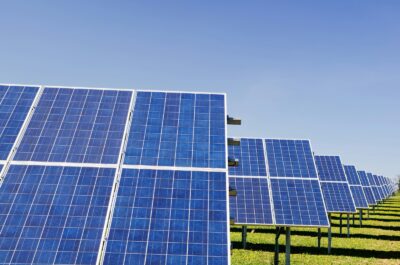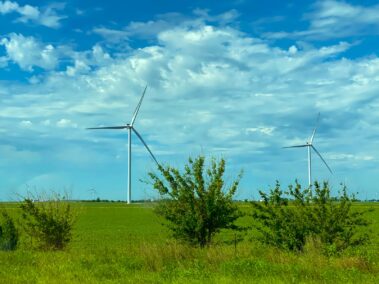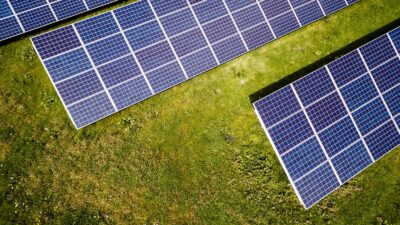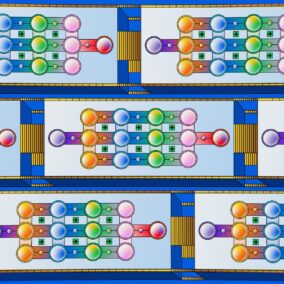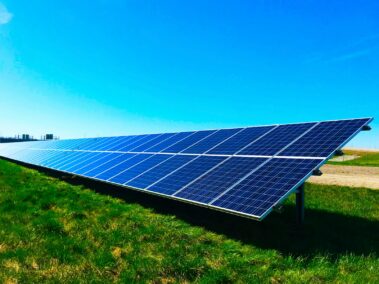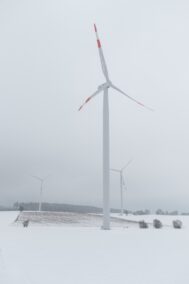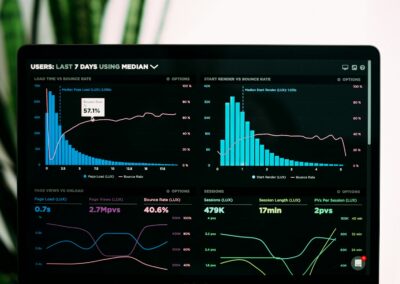Optimizing Energy Consumption for Sustainable Living
Machine learning has emerged as a pivotal technology in the quest for sustainable living, particularly in the realm of smart home energy management. With the rise of Internet of Things (IoT) devices and connected appliances, homes have become increasingly intelligent, capable of monitoring and adjusting energy usage in real-time. Machine learning algorithms play a crucial role in this ecosystem by analyzing historical consumption patterns, weather data, and user behavior to predict future energy needs and optimize usage accordingly. By harnessing the power of predictive analytics, smart homes can significantly reduce energy waste, lower utility bills, and contribute to a more eco-friendly lifestyle.
Enhancing Efficiency and Cost Savings
One of the key advantages of incorporating machine learning into smart home energy management systems is the ability to enhance efficiency and achieve cost savings. By learning from past usage data and adapting to changing environmental conditions, machine learning algorithms can automatically adjust thermostat settings, control lighting levels, and optimize appliance operation to minimize energy waste. This proactive approach not only reduces environmental impact but also translates into tangible financial benefits for homeowners. With machine learning-driven energy management solutions, residents can enjoy greater comfort and convenience while simultaneously lowering their energy bills and reducing their carbon footprint.
Empowering Homeowners with Data-Driven Insights
In addition to optimizing energy consumption, machine learning technologies empower homeowners with valuable data-driven insights into their energy usage habits. Through intuitive dashboards and personalized recommendations, residents can gain a deeper understanding of their energy consumption patterns, identify areas for improvement, and take proactive steps to further enhance efficiency. Machine learning algorithms can highlight energy-intensive appliances, suggest ways to optimize usage schedules, and provide real-time feedback on the impact of behavioral changes. By putting actionable insights at their fingertips, machine learning enables homeowners to make informed decisions that promote sustainability and contribute to a greener future.
Unlocking the Potential of Smart Living
As smart home technology continues to evolve, machine learning will play an increasingly integral role in shaping the future of energy management and sustainability. By leveraging advanced analytics and automation capabilities, smart homes can become more than just interconnected devices—they can evolve into intelligent ecosystems that adapt to users’ needs, preferences, and environmental conditions. With machine learning at the helm, smart homes have the potential to revolutionize how we consume and manage energy, paving the way for a more efficient, sustainable, and environmentally conscious way of living.
Advancing Environmental Sustainability
Machine learning’s application in smart home energy management extends beyond individual households to have a significant impact on broader environmental sustainability efforts. By reducing energy waste and promoting more efficient usage patterns, these systems contribute to the conservation of natural resources and the reduction of greenhouse gas emissions. As governments and organizations worldwide strive to meet ambitious sustainability targets, the adoption of machine learning-driven energy management solutions becomes increasingly imperative. Through proactive energy optimization and eco-friendly practices, smart homes powered by machine learning technology play a crucial role in mitigating climate change and fostering a more sustainable future for generations to come.
Supporting Renewable Energy Integration
The integration of renewable energy sources, such as solar panels and wind turbines, into the electricity grid presents both opportunities and challenges for energy management. Machine learning algorithms can play a pivotal role in effectively integrating renewable energy by forecasting generation patterns, predicting energy demand, and optimizing consumption in real-time. By dynamically adjusting energy usage based on renewable energy availability and grid conditions, smart homes equipped with machine learning capabilities can maximize the utilization of clean energy sources while minimizing reliance on traditional fossil fuels. This synergy between machine learning and renewable energy represents a significant step towards achieving a greener, more sustainable energy ecosystem.
#MachineLearning #SmartHome #EnergyManagement #PredictiveAnalytics #Sustainability #IoT #DataDrivenInsights #CostSavings #GreenLiving #SmartLiving




